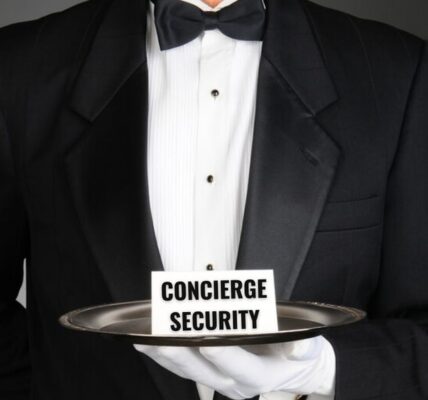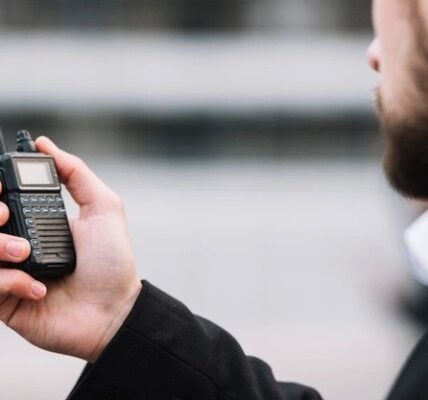Hosting events, whether they are concerts, festivals, sporting events, or public gatherings, brings people together for shared experiences. While these occasions are meant to be enjoyable, they also pose challenges in terms of managing large crowds and ensuring the safety of participants. This is where the crucial role of professional crowd control security comes into play. In this article, we’ll explore the various aspects of crowd control security and its pivotal role in ensuring the safety and success of events.
1. Understanding the Scope of Crowd Control
Crowd control goes beyond the simple management of people; it encompasses a comprehensive approach to maintaining order, preventing incidents, and responding effectively in case of emergencies. Professional crowd control security personnel are trained to handle diverse scenarios, from controlling access points to managing the flow of people within the event venue.
2. Pre-Event Planning
One of the key elements of successful crowd control is meticulous pre-event planning. Security professionals collaborate with event organizers to assess the venue, identify potential risks, and develop strategies to mitigate those risks. This proactive approach helps in establishing clear protocols for managing crowds and responding to various situations.
3. Risk Assessment and Management
Crowd control security begins with a thorough risk assessment. Professionals analyze factors such as the type of event, expected attendance, venue layout, and potential security threats. By understanding these variables, security teams can develop tailored strategies to address specific challenges, minimizing the likelihood of incidents during the event.
4. Leveraging Technology for Enhanced Security
In the digital age, technology plays a crucial role in crowd control security. Surveillance cameras, access control systems, and communication tools enable security personnel to monitor and manage crowds more effectively. Real-time data and analytics contribute to informed decision-making, allowing for quick responses to emerging situations.
5. Crowd Psychology
Understanding crowd psychology is fundamental to effective crowd control. Security professionals are trained to recognize signs of unrest or agitation within a crowd and take preemptive measures to de-escalate tension. By leveraging insights into human behavior, security teams can maintain a calm and controlled environment.
6. Communication and Coordination
Clear communication is paramount in crowd control. Security personnel are equipped with effective communication tools to coordinate with each other and with event organizers. This ensures a seamless flow of information, enabling quick responses to changes in the crowd dynamics or emerging security concerns.
7. Access Control and Perimeter Security
Controlling access points is a critical component of crowd control security. Professionals implement measures such as ticket verification, bag checks, and metal detectors to ensure that only authorized individuals enter the event venue. Well-managed access control contributes significantly to the overall safety and security of the event.
8. Proactive Crowd Management
Proactive crowd management involves anticipating potential issues and taking preventive measures. Security personnel work to distribute the crowd evenly, identify and address bottlenecks, and implement strategies to prevent overcrowding in specific areas. This proactive approach helps maintain a comfortable and safe environment for all attendees.
9. Emergency Response Protocols
Despite meticulous planning, unexpected incidents can occur. Crowd control security professionals are trained to respond swiftly and effectively to emergencies. This includes evacuation procedures, medical response plans, and coordination with local authorities. Having well-defined protocols in place ensures a rapid and organized response in critical situations.
10. Post-Event Evaluation and Learning
After the event concludes, crowd control security teams participate in post-event evaluations. This process involves reviewing the effectiveness of the implemented strategies, identifying areas for improvement, and documenting lessons learned. Continuous learning and refinement of security protocols contribute to the ongoing enhancement of crowd control practices.
In conclusion, professional crowd control security Melbourne is an indispensable element in ensuring the safety and success of events. By combining expertise in risk assessment, technology utilization, crowd psychology, and effective communication, security professionals contribute to creating an environment where attendees can focus on enjoying the event without concerns for their safety. As events continue to evolve in scale and complexity, the role of crowd control security remains paramount in safeguarding the well-being of all participants.





